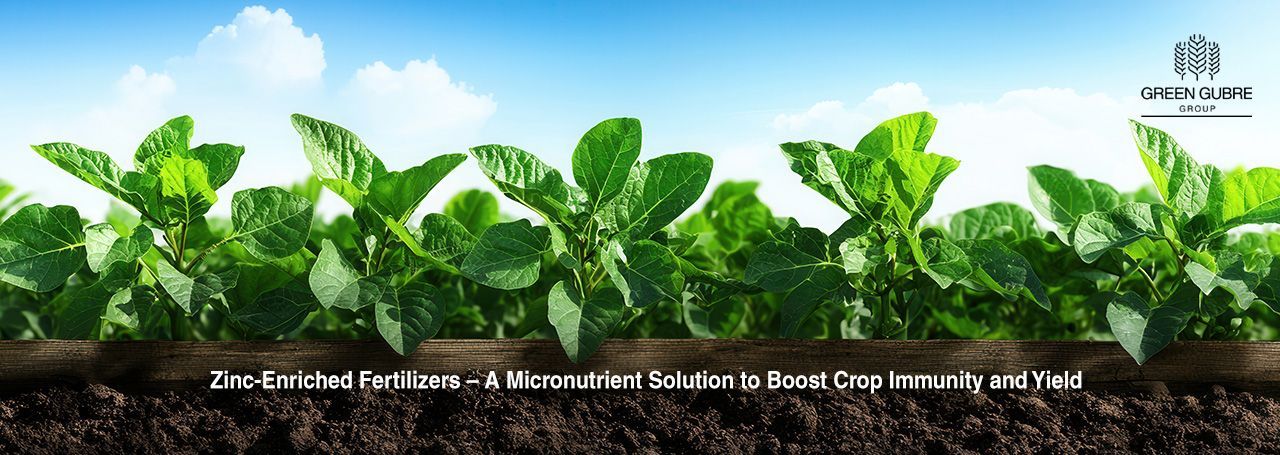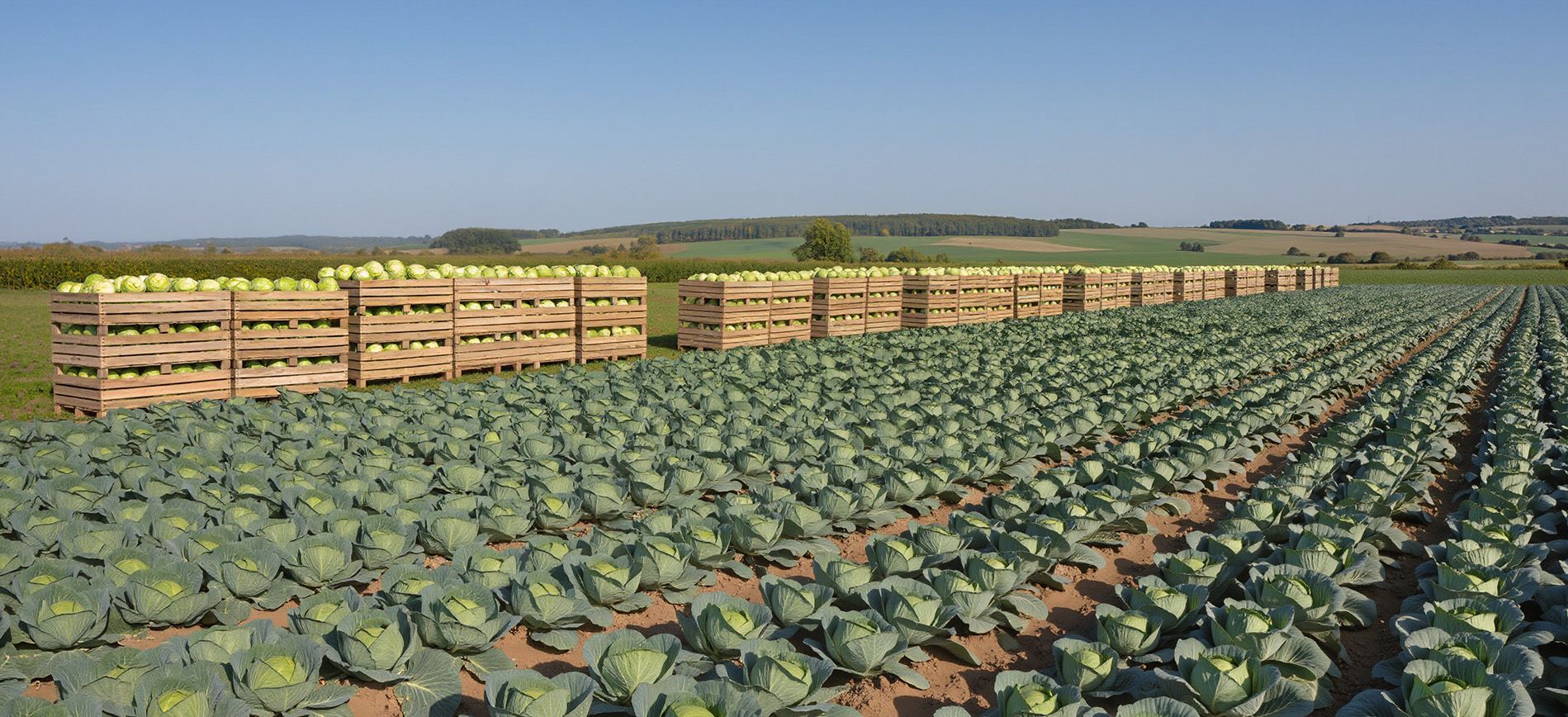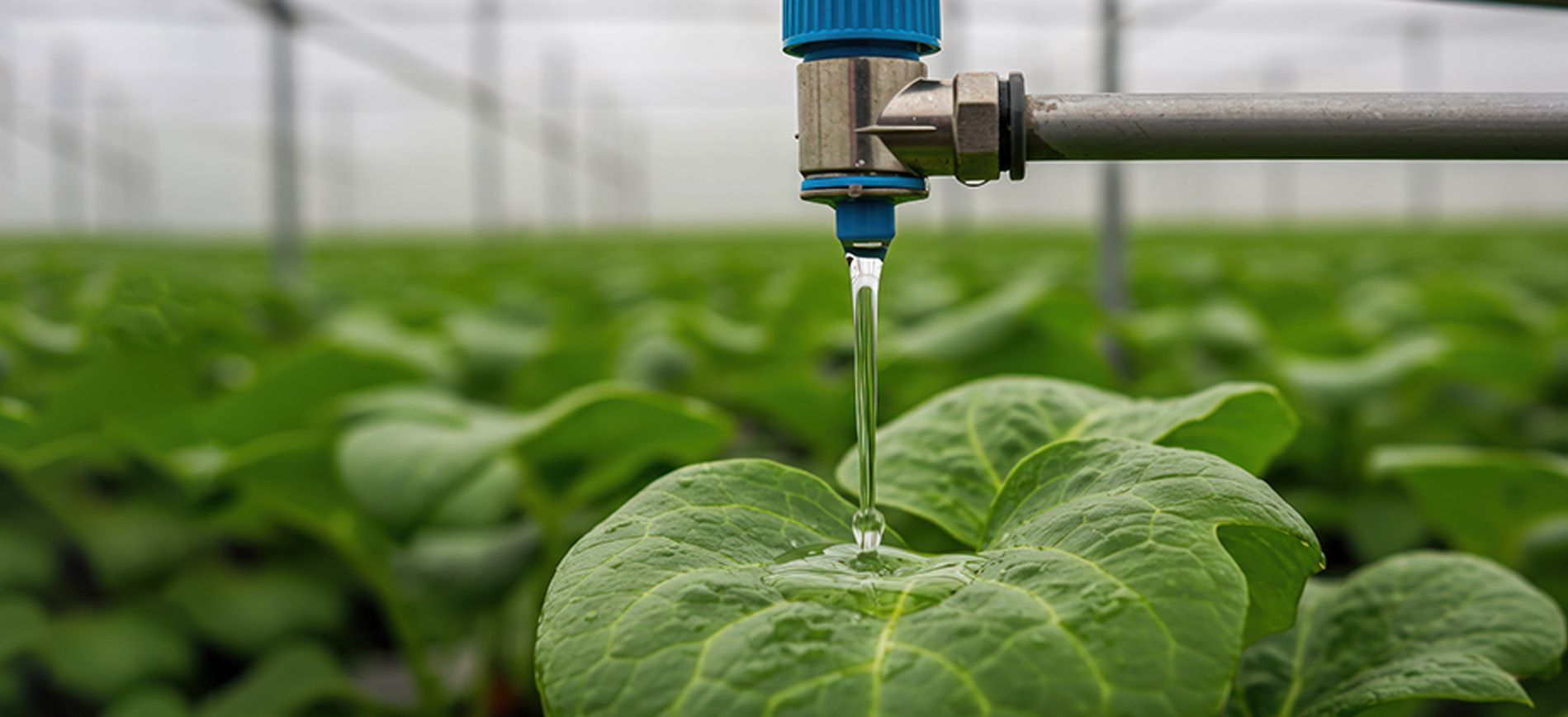Zinc-Enriched Fertilizers – A Micronutrient Solution to Boost Crop Immunity and Yield
Zinc-Enriched Fertilizers – The Key to Stronger, Healthier Crops

Introduction: Why Zinc Is the Unsung Hero of Crop Nutrition
Zinc (Zn) might only be needed in trace amounts, but its role in plant metabolism is anything but minor. It is involved in enzyme activation, protein synthesis, hormone regulation, chlorophyll formation, and stress tolerance. A deficiency, even if invisible at first, silently erodes plant vigor and final yield.
Globally, nearly half of cultivated soils are zinc-deficient, mainly calcareous, sandy, and alkaline soils. Farmers increasingly turn to zinc‑enriched fertilizers—scientifically formulated to enhance nutrient bioavailability and ensure efficient uptake at the root level.
These fertilizers are not just inputs; they are investments in crop resilience, grain quality, and food security.
The Vital Role of Zinc in Plant Physiology
Zinc performs critical biochemical functions that directly affect growth and yield:
- Catalyst for Enzymes: Activates more than 300 plant enzymes responsible for photosynthesis, respiration, and protein formation.
- Growth Regulation: Maintains auxin balance, stimulating root elongation and tiller formation.
- Stress Resistance: Strengthens cell membranes and helps plants tolerate drought or heat.
- Reproductive Success: Supports pollen formation, seed filling, and fruit set.
Even mild Zn shortages during the early vegetative phase can result in stunted seedlings, pale leaves, and lower grain zinc concentration—symptoms often mistaken for nitrogen or iron deficiency.
Main Types of Zinc-Enriched
Fertilizers
| Fertilizer Type | Zinc Content | Application Mode | Key Features |
|---|---|---|---|
| Zinc Sulfate (ZnSO₄·H₂O or ·7H₂O) | 33–36% Zn | Soil / Foliar | Economical and quick‑acting |
| Chelated Zinc (Zn-EDTA, Zn-DTPA) | 9–14% Zn | Foliar / Fertigation | Highly soluble and stable across pH ranges |
| Zinc‑Enriched NPK Blends | Variable | Soil / Fertigation | Provides balanced macro‑ + micronutrition |
| Zinc Oxide Suspensions | 40–70% Zn | Foliar | Slow‑release, concentrated form |
Pro tip: Choose the formulation based on soil pH, crop stage, and irrigation method to ensure optimal uptake.
Source: Fertilizer Focus Magazine – Micronutrient Efficiency
Why Zinc-Enriched Fertilizers Improve Productivity
| Benefit | Agronomic Impact |
|---|---|
| Corrects hidden Zn deficiency | Prevents stunted growth, leaf bronzing, and delayed maturity |
| Boosts grain yield & quality | Improves flowering, grain filling, and seed weight |
| Strengthens plant immunity | Enhances membrane stability, reduces pathogen entry |
| Improves fertilizer synergy | Increases nitrogen and phosphorus efficiency |
| Biofortifies edible crops | Raises zinc content in grains and fruits—addressing human malnutrition |
On average, zinc fertilization increases crop yield by 8 – 20 % in deficient soils and contributes to better nutrient‑dense food production.
Zinc-Sensitive Crops and Soil Environments
Zinc deficiency commonly appears in:
- Calcareous soils (high pH, low solubility)
- Sandy soils (low organic matter)
- Waterlogged zones (limited oxygen and Zn mobility)
Crops with high Zn demand include:
- Cereals: Rice, wheat, maize, sorghum
- Legumes: Chickpea, soybean, lentil
- Vegetables: Onion, tomato, garlic
- Fruits: Citrus, banana, grape
In cereals like rice and maize, early-season zinc application—within the first three weeks after planting—is critical to prevent irreversible yield loss.
Best Practices for Zinc Application
- Soil Application: 10–25 kg/ha of zinc sulfate during land preparation or basal fertilization.
- Foliar Feeding: 0.5–1.5 % solution of zinc sulfate or chelated zinc during rapid vegetative growth.
- Fertigation: Use chelated Zn (EDTA or DTPA) for uniform nutrient delivery.
- Combine with Organic Matter: Incorporating compost or humic substances improves zinc availability and reduces fixation in alkaline soils.
- Avoid Over‑Application: Too much Zn can induce iron or manganese deficiencies.
Tip: In high‑pH or calcareous soils, use Zn‑EDTA, which remains soluble and plant‑available even under alkaline conditions.
Green Gubre Group’s Zinc Fertilizer Portfolio
We deliver zinc solutions that combine scientific precision with field practicality:
- Zinc Sulfate Monohydrate (ZnSO₄·H₂O): High‑purity, fully water‑soluble formulation.
- Zn‑EDTA Chelate (13 % Zn): Ideal for fertigation and foliar systems.
- Micronutrient‑Enhanced NPK Blends: Custom‑made formulas based on regional soil analytics.
- Zinc Suspension Concentrates: Optimized for greenhouse or foliar delivery.
Our agronomy team supports growers with deficiency mapping, dosage planning, and performance tracking to ensure measurable yield improvements.
Conclusion: Small Element, Big Impact
Zinc is more than a micronutrient—it’s a catalyst for stronger roots, greener leaves, and higher harvests.
By choosing zinc‑enriched fertilizers, farmers unlock hidden potential in both plants and soil.
At Green Gubre Group, we are committed to delivering fertilizers that not only feed crops but also nourish future generations through sustainable and balanced nutrition.




